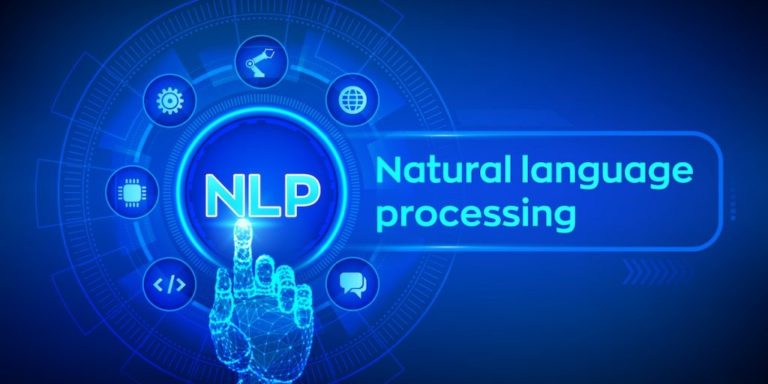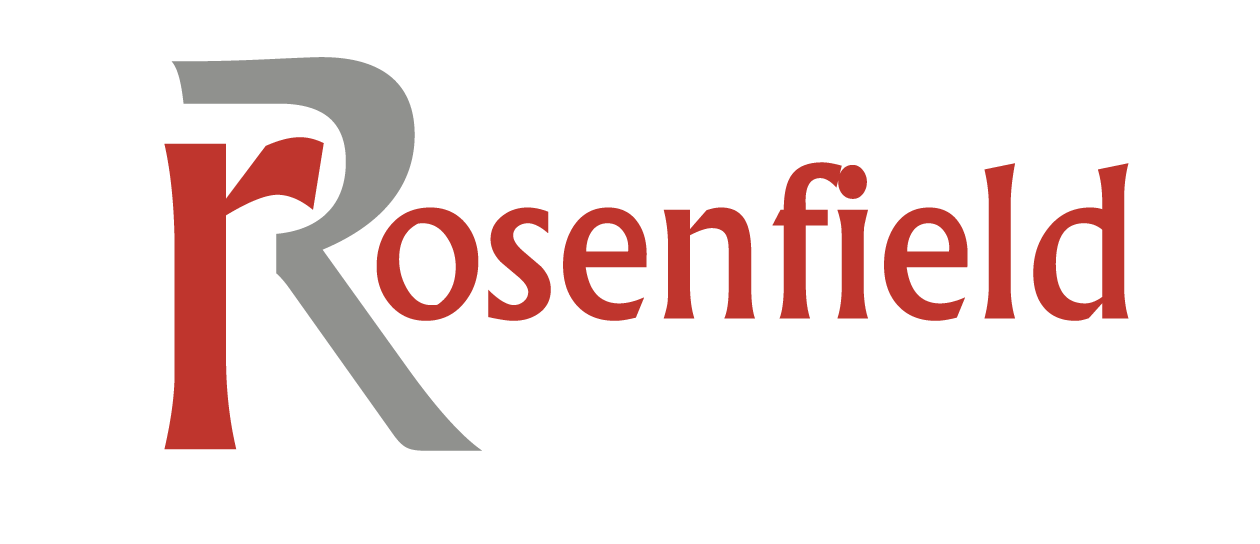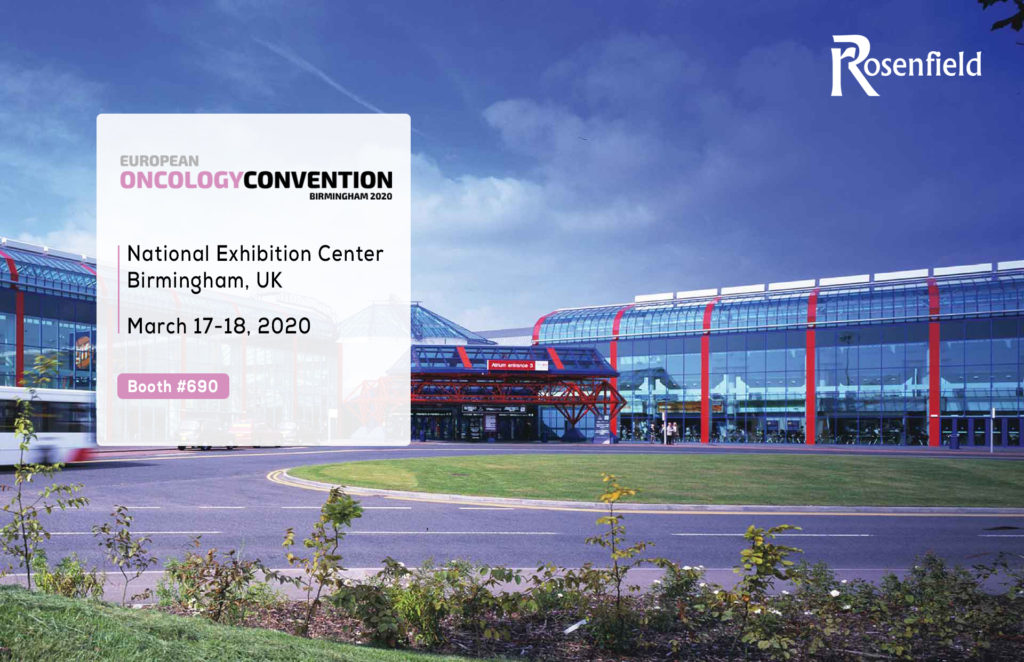Blog

What Is the Role of Natural Language Processing in Healthcare?
NLP, a branch of AI, aims at primarily reducing the distance between the capabilities of a human and a machine. As it beginning to get more and more traction in the healthcare space, providers are focusing on developing solutions that can understand, analyze, and generate languages can humans can understand.
Natural language processing (NLP) is the ability for computers to understand the latest human speech terms and text. It’s used in current technology to support spam email privacy, personal voice assistants and language translation applications.
The adoption of natural language processing in healthcare is rising because of its recognized potential to search, analyze and interpret mammoth amounts of patient datasets. Using advanced medical algorithms, machine learning in healthcare and NLP technology services have the potential to harness relevant insights and concepts from data that was previously considered buried in text form. NLP in healthcare media can accurately give voice to the unstructured data of the healthcare universe, giving incredible insight into understanding quality, improving methods, and better results for patients.
Big data analytics in healthcare shows that up to 80 percent of healthcare documentation is unstructured, and therefore goes largely unutilized, since mining and extraction of this data is challenging and resource intensive. Without NLP technology, that data is not in a usable format for modern computer-based algorithms to extract.
How Healthcare natural language processing work?
It uses specialized engines capable of scrubbing large sets of unstructured health data to discover previously missed or improperly coded patient conditions. Natural language processing medical records using machine-learned algorithms can uncover disease that may not have been previously coded, a key feature for making HCC disease discoveries.
EHRs and physicians don’t always get along well. The additional data input responsibilities create challenges, and can be frustrating. Researchers conclude, some physicians suffer from EHR burnout and threaten to retire from service early rather than suffer through the many clicks and screens required to navigate their EHR. Medical NLP is steadily proving to be a solution to this challenge since NLP healthcare tools can easily access and accurately interpret clinical documentation. Once the friction of healthcare technology is reduced, we can begin to appreciate more of the benefits of the technology and less of the daily frustrations.
The accuracy of medical natural language processing
It goes up along with the volume of data available for learning. The more a medical NLP platform is used, the more accurate using artificial intelligence in healthcare gets, since it’s always learning, and in some cases, can be customizable. Some NLP healthcare systems offered by vendors advertise the ability to screen how the medical natural language processing would initially perform with a specific medical group. Then customize it next to the needs of that particular medical group.
A distinct advantage natural language processing medical records offers is the ability for computer assisted coding to synthesize the content of long chart notes into just the important points. This could take organizations weeks, months, even years, to manually review and process stacks of chart notes from health records, just to identify the pertinent info. Natural language processing software for healthcare can scan clinical text within seconds and identify what needs to be extracted. This frees up physicians and staff resources to focus more on the complex matters and reduces the time spent on redundant administrative policy. When computers can understand physician notation accurately and process that data accordingly, valuable decision support can be obtained. These insights can be of significant use for future drug research and personalized medicine, which is good for patients and providers.
Physicians don’t all “speak the same way”, and should always be aware that their notes and reports will likely be read by their work peers, patients and even computers, according to their organizations privacy policy. Avoiding non-standard language in note creation and management is extremely important. Most natural language processing healthcare engines are built to accommodate a wide variation of medical notation terminology. However, using uncommon acronyms can confuse NLP coding algorithms and other medical note readers.
NLP help in identifying Patients who need improved Care
Machine Learning and NLP tools have the capabilities needed to detect patients with complex health conditions who have a history of mental health or substance abuse and need improved care. Factors such as food insecurity and housing instability can deter the treatment protocols, thereby compelling these patients to incur more cost in their lifetime.
The data of a patient’s social status and demography is often hard to locate than their clinical information since it is usually in an unstructured format. NLP can help solve this problem. NLP can also be used to improve care coordination with patients who have behavioral health conditions. Both, Natural Language Processing & Machine Learning can be utilized to mine patient data and detect those that are at risk of falling through any gaps in the healthcare system.
Future of Healthcare natural language processing
In 2018 and 2019 the development to improve natural language processing healthcare data has proven challenging. If the NLP output displays too many suggested conclusions, or artificial conclusions that are incorrect, users will learn to ignore the intelligence and end up with a system that can reduce overall business productivity. NLP software for healthcare should center around data conclusions that have the least noise, and the strongest signal about what healthcare providers need to do.
Healthcare natural language processing offers the chance for computers to do the things that computers need to do. To do the analytics, the HCC risk adjustment coding, the back office functions, and the patient set analysis, all without obstructing physician communication.
NLP in healthcare is creating new and exciting opportunities for healthcare delivery and patient experience. It won’t be long before specialized NLP coding recognition enables physicians to spend more time with patients, while helping make insightful conclusions based on precise data. In the years to come, we’ll hear the news, and see the possibilities of this technology, as it empowers providers to positively influence health outcomes.
Learn more about NLP in healthcare:
https://www.sciencedirect.com/science/article/pii/S1532046418302016
Recent Posts
Archives
- November 2024
- October 2024
- September 2024
- August 2024
- April 2024
- February 2024
- January 2024
- April 2022
- November 2021
- August 2021
- May 2021
- April 2021
- March 2021
- February 2021
- December 2020
- November 2020
- October 2020
- July 2020
- April 2020
- December 2019
- October 2019
- August 2019
- July 2019
- June 2019
- April 2019

